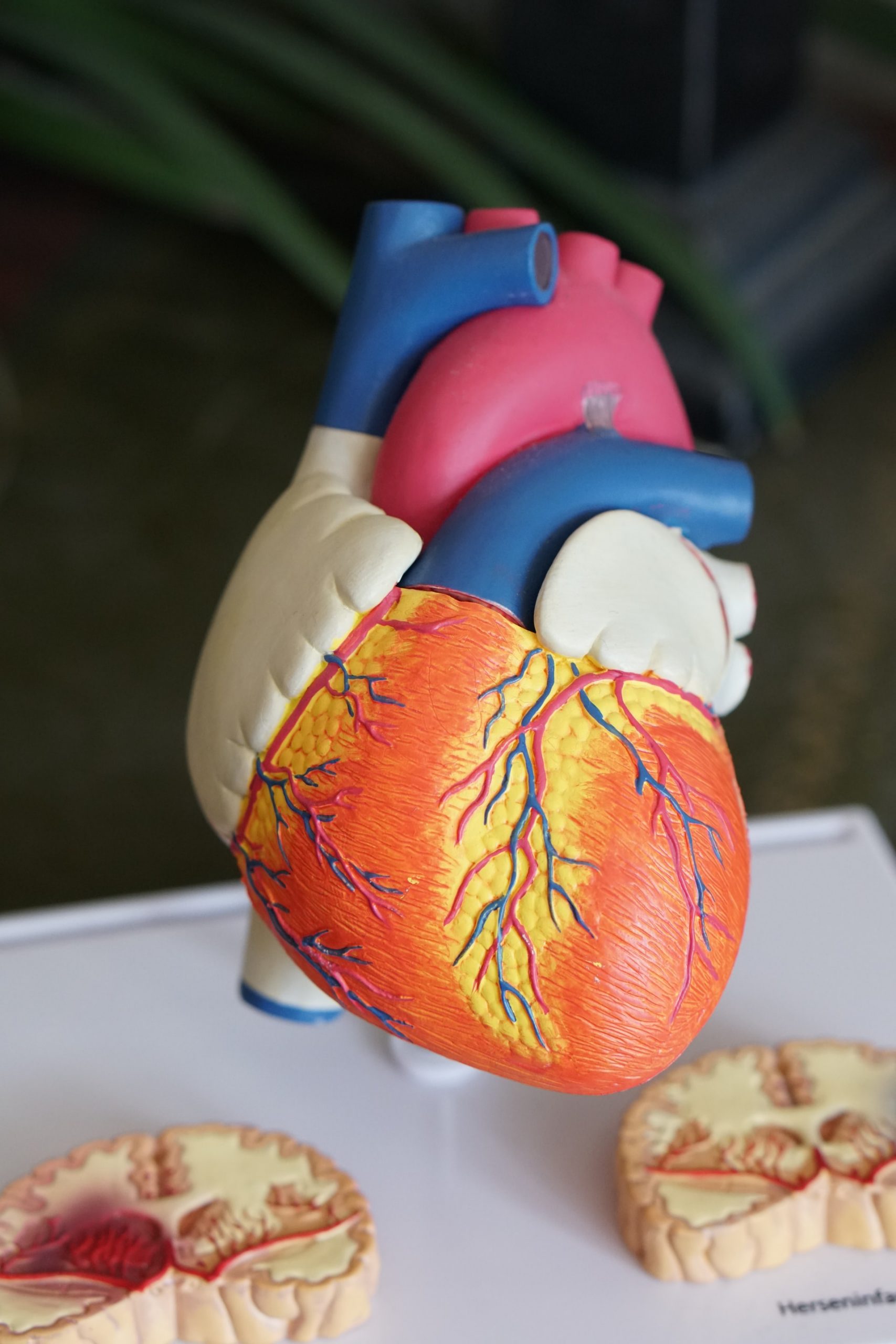June is Men’s Health Month, a time when we men are encouraged to seek regular medical care and early treatment for disease and injury. But all too often, we face uncertain choices about what really are the best prevention and treatment options for our needs. And many of us have faced barriers or confusion navigating between different healthcare providers and health systems.
At the Patient-Centered Outcomes Research Institute (PCORI), we’re working to make the situation easier by funding a wide variety of research projects designed to help men answer important questions about their health and health care. We’re comparing treatments to learn which are most effective for combatting the diseases that are the top killers of men. We are also funding research that looks at how the health system can become more effective in treating men. And we are doing it in a way that directly involves patients in the research process.
Active & Healthy Brotherhood
A project we recently funded in North Carolina is testing a program specially designed to help African-American men lead healthier lives. Called Active & Healthy Brotherhood (AHB), the program provides basic health information, including advice on healthy eating, physical activity, stress management, and how to get needed care.
Study participants are African-American men who have high blood pressure, diabetes, or heart disease, or are at high risk for disease because they are not eating a healthy diet or exercising. The men are randomly assigned to either receive AHB group sessions and follow-up calls to check on their progress or to receive health information through videos and brochures. At key points, the research team will assess the participants’ health behaviors and risk factors, such as blood pressure, blood sugar, and weight.
Two African American men serve on the study’s leadership team and are also study investigators, and the study’s advisory committee is made up of several African American men. Patients helped shape the study design by indicating the outcomes most important to them, including stress management and achievement of healthier lifestyles.
Heart Disease
Heart disease is the most common cause of death among both men and women, but it tends to strike men at a younger age. A long-standing question about preventing heart attacks and strokes is the focus of the first trial to be conducted through PCORnet, the National Patient-Centered Clinical Research Network. PCORnet is a large data network being developed to improve the nation’s capacity to efficiently conduct health research.
The three-year, $14 million clinical trial will compare the benefits and harms of the two doses of aspirin (325 milligrams and 81 milligrams) most commonly prescribed to prevent heart attacks and strokes in people diagnosed with heart disease. While research has shown that daily aspirin can prevent these problems, aspirin also sometimes causes serious side effects, such as internal bleeding, and we do not yet know which dose is best. The PCORnet trial will randomly assign 20,000 patients who have had a heart attack or have significant blockage of their coronary arteries to use one of the two daily doses. Patients, clinicians, and other healthcare stakeholders will help to design and conduct the study and be involved at every stage. Results of this study will help patients and those who care for them make better-informed decisions about preventing death from heart disease.
Cancer
Cancer is the second most common cause of deaths in both men and women, with prostate cancer being one of the top killers for men. PCORI is funding several studies that aim to help patients and their clinicians choose among the many available treatments for prostate cancer. Recent advances in technology have introduced new, more costly surgical and radiation treatments, which have been rapidly adopted although few studies have directly compared the results achieved by older and newer treatment methods.
To address questions about treatment effectiveness, for example, a North Carolina project is comparing the outcomes experienced by 1,700 men from diverse backgrounds four to five years after their diagnosis with early prostate cancer. The research team will look at participants’ quality of life as well as the effectiveness of the treatments in controlling their cancer. A group of patients, patient groups, clinicians, and others regularly provide feedback to the research team, and patients will play a key role in helping to share study results.
To learn about other PCORI-funded projects to advance men’s health, see our 2014 Men’s Health Month blog post, or search for a topic of interest among our funded projects.




Very happy to see more attention being given to researching prostate cancer. Having lost my grandfather to this terrible illness, it strikes a chord to hear that so many men are being stricken at a young age and dying. The study of treatments and determination of effectiveness is crucial as we continue to fight for a cure. WIth any luck, we will not only be able to find more effective treatments, but also eliminate those that are painfully inadequate, often at the expense of a patient’s well being.
Cancer,heart disease, and lifestyle are the top three issues in the health of all people. Addressing the problems early on and having proper treatment is necessary so that the risk of obtaining cancer and heart disease stays low. Patient inclusion is great in the lifestyle study because they are able to figure out a lifestyle that is healthy and fits them personally.